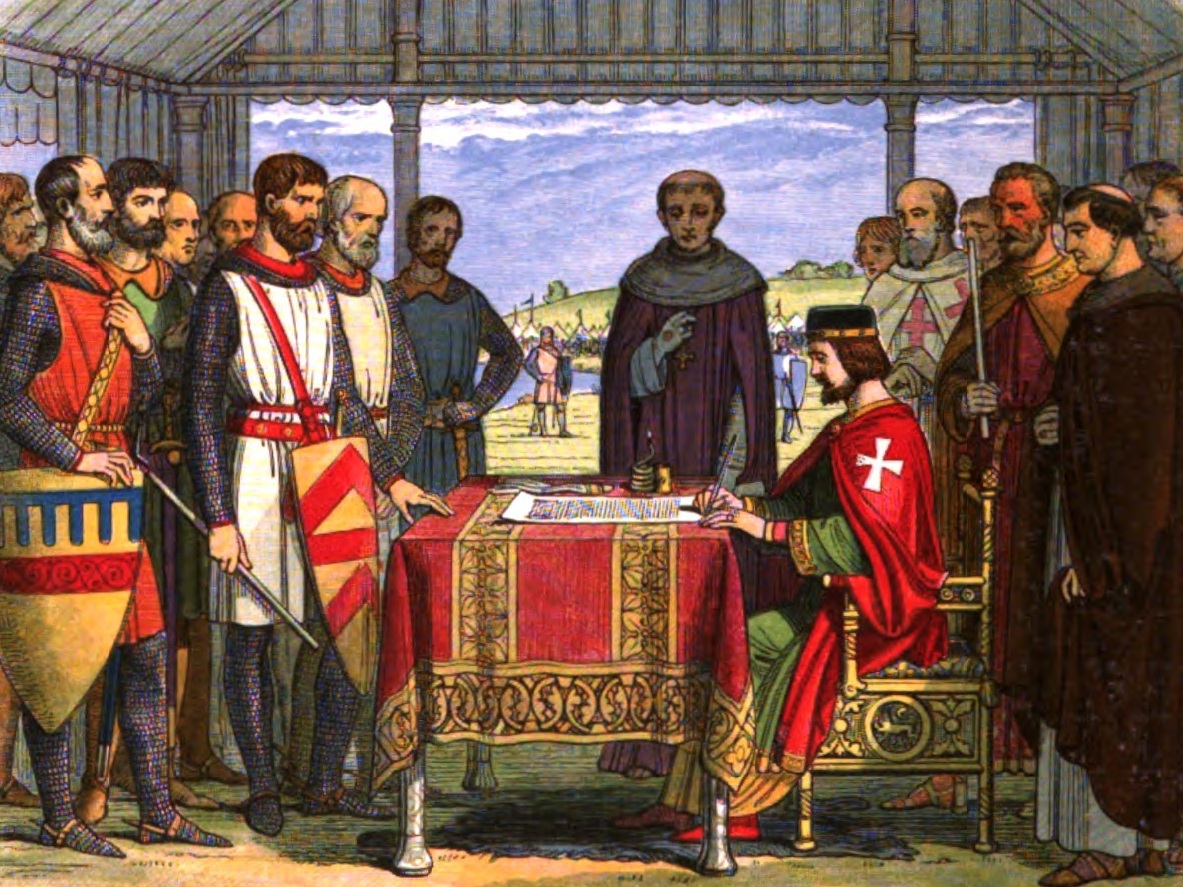Many historians view the Magna Carta as one of the earliest Western legal developments in the area of human rights. Signed by King John of England in 1215, the document served as a peace agreement between the King and a group of barons who wanted to limit taxation and protect their rights. It guarantees certain individual rights, including the right to trial by jury – as long as the subject was a property-owning man.
Despite the fact that these rights were not extended to the common man, the Magna Carta remains one of the earliest examples in the West of the principle that everyone, including the monarch, is both subject to and protected by the law.
Woven Teaching
This is the official website of Woven Teaching Inc., a non-profit dedicated to helping teachers with practical assistance via curriculum and workshops. Our mission is to:
Order a free human rights poster for your classroom!
You Have the Right To… is a brand new poster that Woven Teaching has created for your classroom. Help students learn about the 30 Articles of the Universal Declaration of Human Rights. Learn more >
News
April 29, 2024
Check out the April 2024 edition of Human Rights in the News, Woven Teaching’s monthly collection of important human rights stories from around the world. Topics include protests at college campuses across the US and important progress for intersex rights.
February 13, 2024
Woven Teaching’s latest lesson, Strike!: Workers’ Rights and the Matchwomen of London’s East End provides an opportunity for students to learn about their rights as workers, as well as an historical struggle by workers in Victorian London. Students will also learn about the importance of solidarity.
